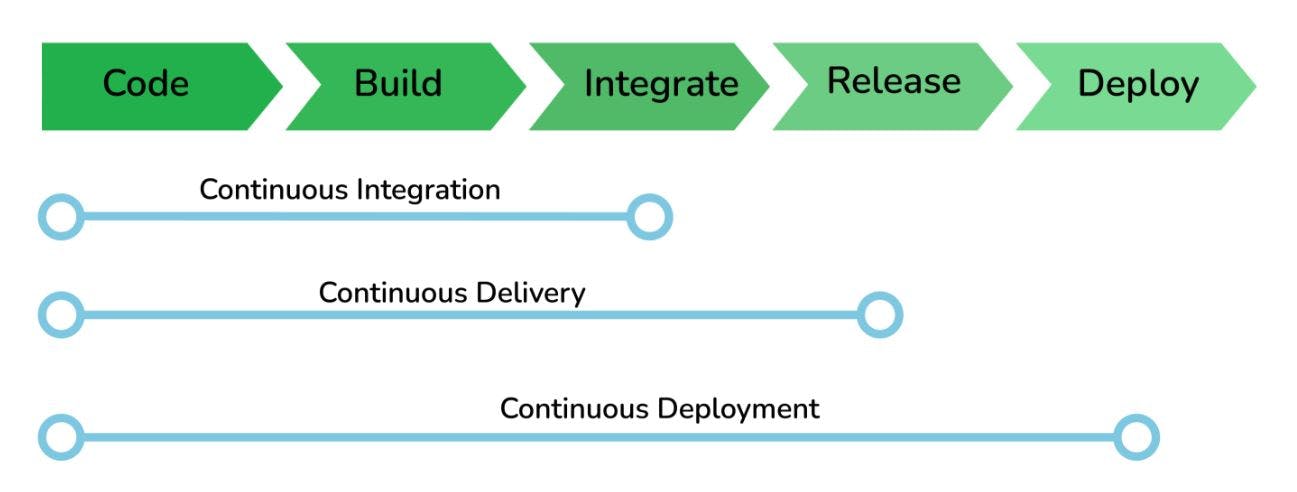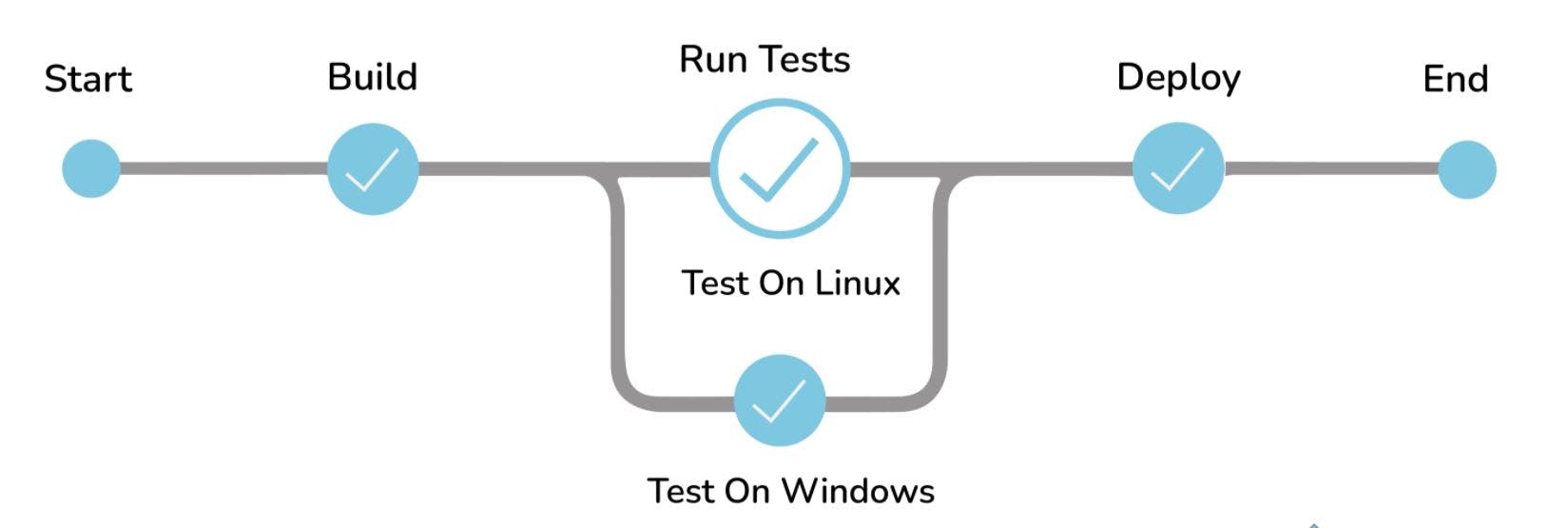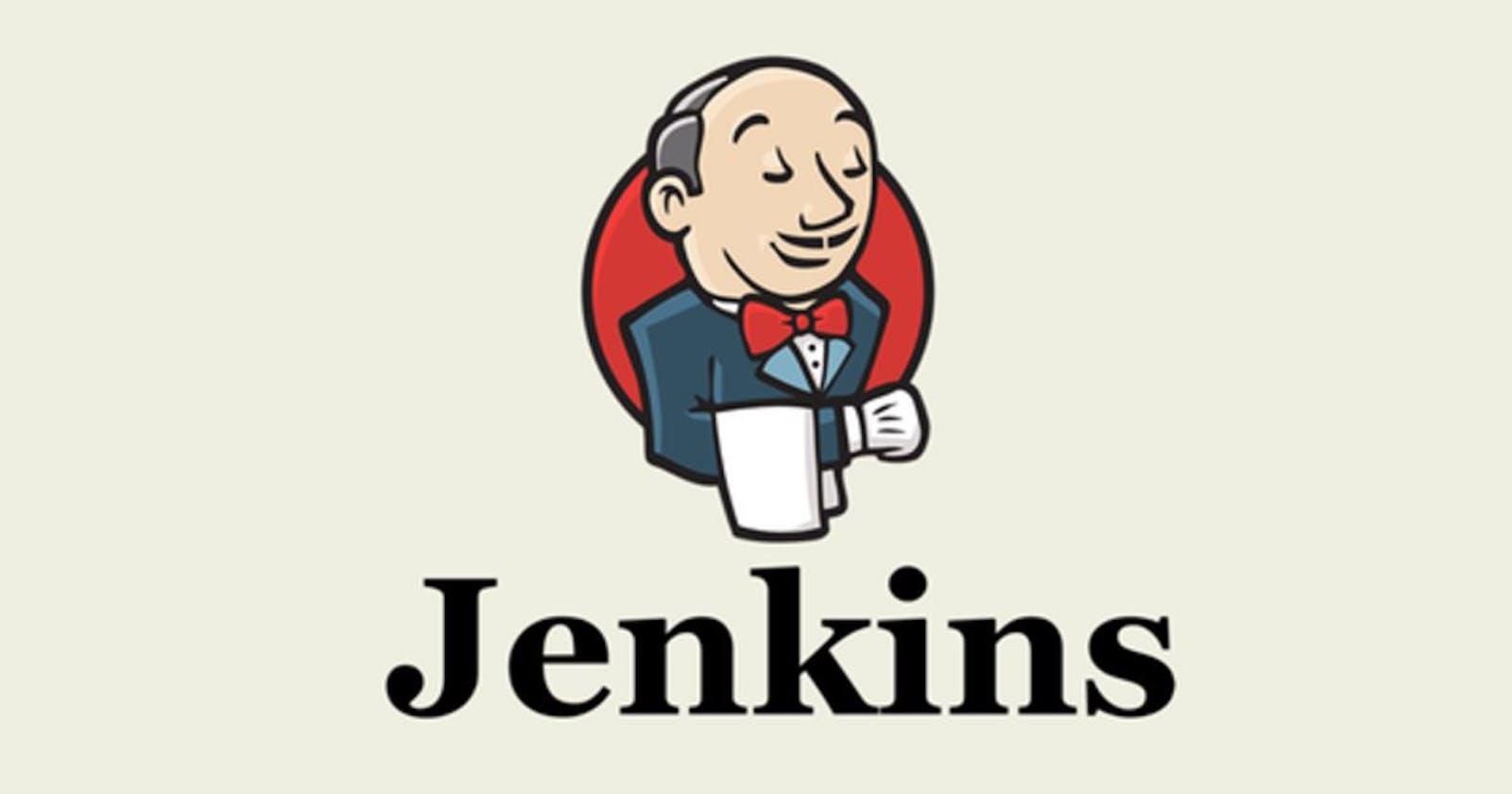"It is an open-source modern automation tool which is written/developed in Java Language and has multiple plugins specifically designed for continuous integration".
Developers need to develop, design, test multiple software and consistently integrate numerous changes in a specific project to make it a productive and easy-to-use tool for the users.
Jenkins is the tool that can help the software designers in this regard as it is better than any automation tool in the market.
Jenkins has helped the organization to experiment, develop, design, and boost up the software development process.

Jenkins integrates all the processes that are included in the development phase such as, building, documenting, testing, packaging, staging, deploying, statistical analysis and a lot more. Jenkins does that with the help of its advanced plugins.
Why do we need Jenkins ?
Before Jenkins, complete source code was first developed and then tested. The whole process of finding bugs, then eliminating them was difficult as well as time-consuming. Developers have to wait a lot for test results as the process was manual.
After Jenkins, each commit that was made by developers in source code was built and tested consecutively. This increased efficiency, productivity and quality in the design of the software. Developers then knew test results for every commit they made for the source code of a developing software. All the developers had to do was to commit the changes for source code, and the rest of the process was automatically conducted by Jenkins.
How does continuous integration work?
Continuous integration (CI) is an integral part of the software development process. It can consist of a number of different tasks, including the use of unique functionality in the repository, feature development, and bug fixes amongst others.
A continuous integration tool, such as Jenkins, is great in identifying issues with current application sources and provides speedy response by checking the integration process with the help of automated build and test features.

How does continuous delivery work?
Continuous delivery is a part of the software development process that enables you to go ahead with development in such a manner that you are always ready to release the software to production.
What is Jenkins pipeline?
A Jenkins pipeline is a combination of jobs, tasks, or events that are connected to each other in a sequence. In other words, it is a group of plugins that enable continuous delivery pipelines to be easily integrated and implemented. Extendable automation works to support a pipeline in the creation of both complex and simple delivery pipelines in the form of code and with the help of domain-specific language or DSL.

Advantages of Jenkins
- Provides great collaboration between development and operations team, making it into a single DevOps team
- Code errors can be detected as early as possible.
- Code deployment is easy and happens in minutes, along with the generation of reports.
- Automation of integration work, thereby reducing the number of integration issues.
